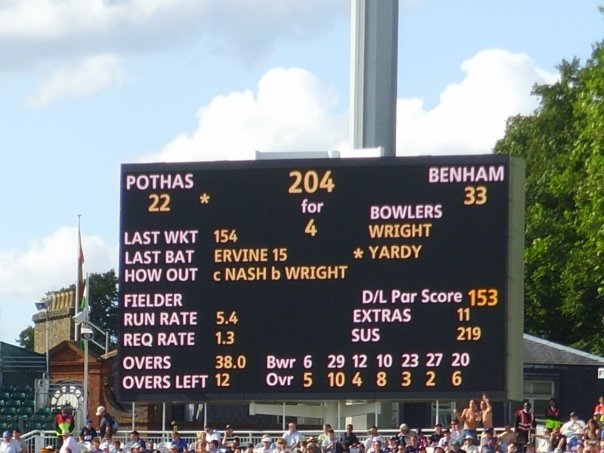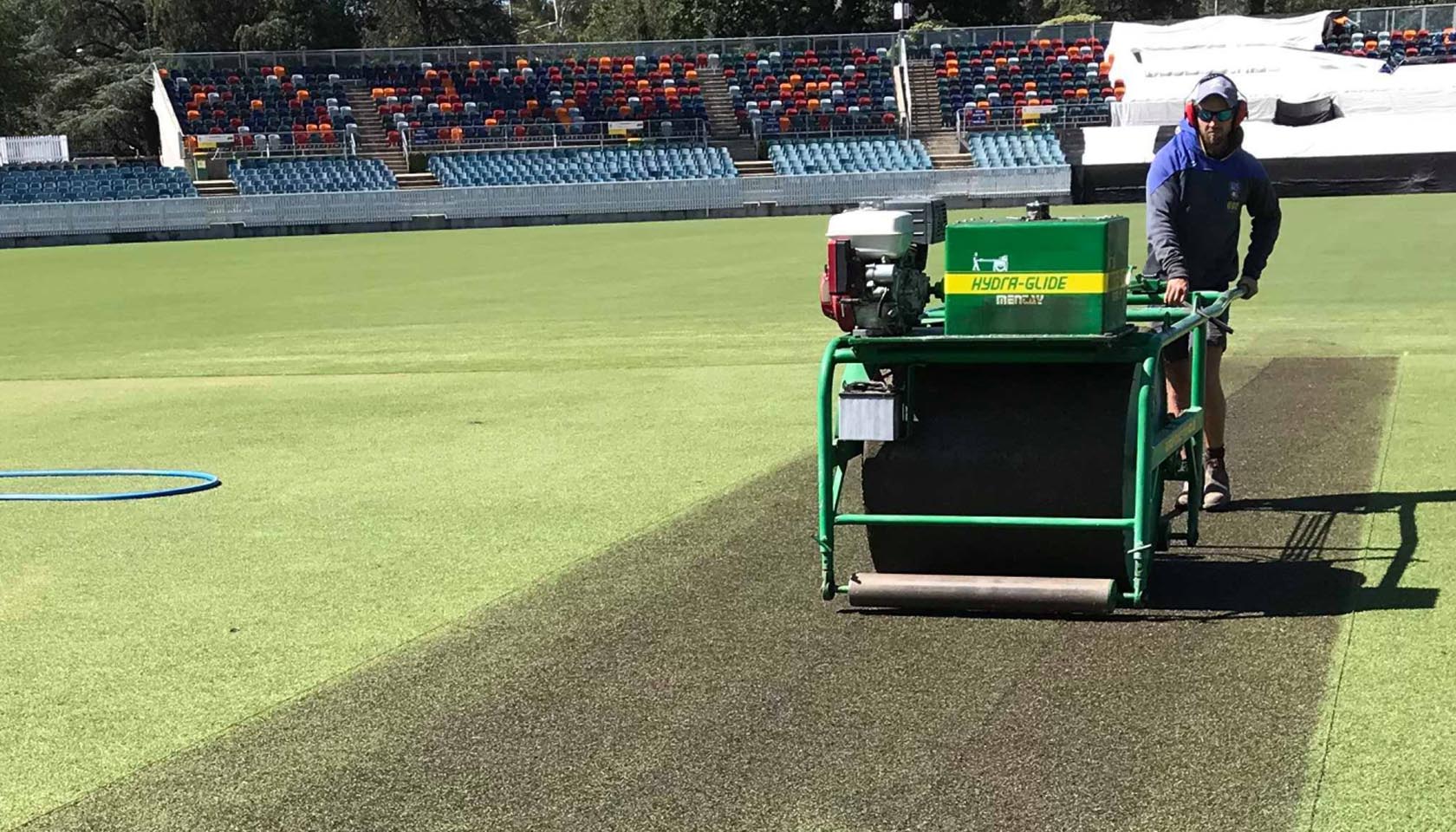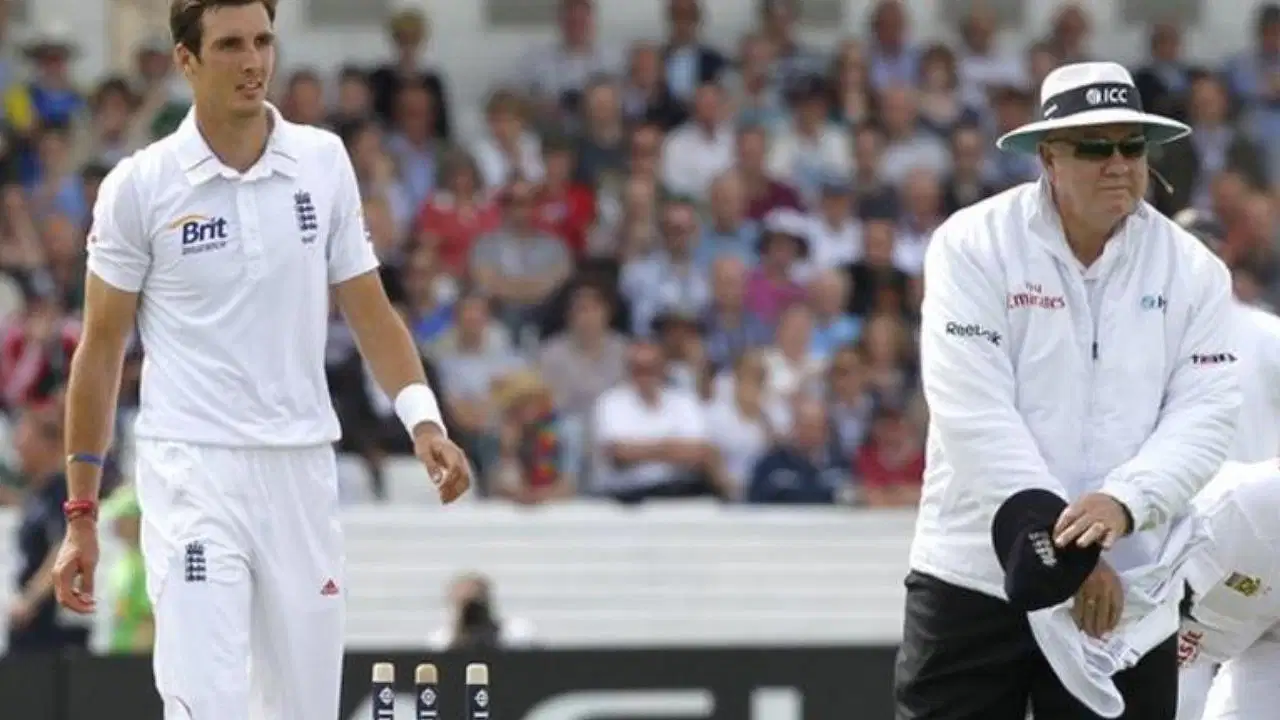24.1 Substitute Fielders
When it comes to understanding the intricate rules governing substitute fielders in cricket, transitions play a crucial role in clarifying these regulations:
24.1.1 – Umpires’ Authority: The umpires, as the guardians of the game, have the authority to permit a substitute fielder under specific circumstances, including:
- 24.1.1.1 – Injury or Illness: When a fielder sustains an injury or falls ill during the match.
- 24.1.1.2 – Acceptable Reasons: For any other wholly acceptable reason.
In all cases not meeting these criteria, the use of a substitute is strictly prohibited.
24.1.2 – Substitutes’ Limitations: Substitutes have certain restrictions that come into play:
- No Bowling or Captaincy: They cannot assume the role of a bowler or act as the team’s captain. However, they may act as a wicket-keeper, provided they obtain the consent of the umpires. Law 42.7.1 outlines specific considerations regarding Level 3 and Level 4 offenses.
24.1.3 – Nomination Flexibility: Interestingly, a player nominated in the team may still participate in bowling or fielding, even if a substitute has previously taken their place. This is, however, subject to specific conditions and the regulations stipulated in Laws 24.2, 24.3, and Law 42.4, particularly in cases of Level 3 offenses.
24.2 Fielder Absent or Leaving the Field of Play
Now, let’s delve into the rules regarding a fielder’s absence or departure from the field of play:
24.2.1 – Temporary Absence: A player who temporarily leaves the boundary for fielding duties is not considered absent from the field of play.
24.2.2 – Fielder’s Responsibilities: In instances where a fielder fails to start the play or leaves the field during the course of the game:
- 24.2.2.1 – Informing the Umpire: Promptly inform the umpire of the reason behind the fielder’s absence; it’s crucial.
- 24.2.2.2 – Consent Requirement: Returning during the session of play is contingent upon obtaining consent from the umpire, a process detailed in 24.4.
- 24.2.2.3 – Penalty Time: The fielder cannot bowl until they’ve returned to the field for a specific “Penalty time,” which we will elaborate on in sections 24.2.3 to 24.2.7 and 24.3.
24.2.3 – Penalty Time Constraints: Note that the maximum limit for a player’s unserved Penalty time is 90 minutes.
24.2.4 – Carrying Forward Time: If a player departs before completing all their Penalty time, the remaining duration carries forward as unserved Penalty time.
24.2.5 – Bowl Restriction: The player is ineligible to bowl until all Penalty time has been served. Moreover, any time spent off the field adds to unserved Penalty time.
24.2.6 – Unscheduled Breaks: Unscheduled breaks in play count as served Penalty time, under specific conditions, such as:
- 24.2.6.1 – On-Field Return: The fielder who was initially on the field must either return to play upon resumption or if their side is now batting.
- 24.2.6.2 – Notification: Fielders already off the field must promptly notify an umpire in person and can only return to the field under similar circumstances. It’s worth noting that stoppage time before notifying an umpire doesn’t count towards unserved Penalty time.
24.2.7 – Carry-Forward: Any unserved Penalty time carries forward into subsequent days and innings where applicable.
24.2.8 – Level 3 Offense Exception: Importantly, suspensions resulting from Level 3 offenses under Law 42.4 do not contribute to unserved Penalty time.
24.2.9 – Substitute Offenses: When it comes to Level 3 offenses by substitutes, specific rules apply, as outlined in 24.2.9.1 and 24.2.9.2.
24.3 Penalty Time Not Incurred
Now, let’s explore scenarios where Penalty time is not incurred:
24.3.1 – External Blows: A player’s absence due to an external blow during the match justifiably avoids incurring Penalty time.
24.3.2 – Acceptable Absences: Umpires may exempt absence for valid reasons, except for illness or internal injury, from incurring Penalty time.
24.4 Player Returning Without Permission
Lastly, if a player reenters the field without obtaining permission and interferes with the ball in play:
- The ball becomes immediately dead.
- Umpires signal a No ball or Wide if applicable.
- The batting side receives 5 Penalty runs.
- Tally the runs scored along with the run in progress if the batters had crossed at the time of the offense.
- The ball does not count towards the over.
- Umpires must report the incident to the governing bodies, who will act accordingly against the captain and involved individuals.



